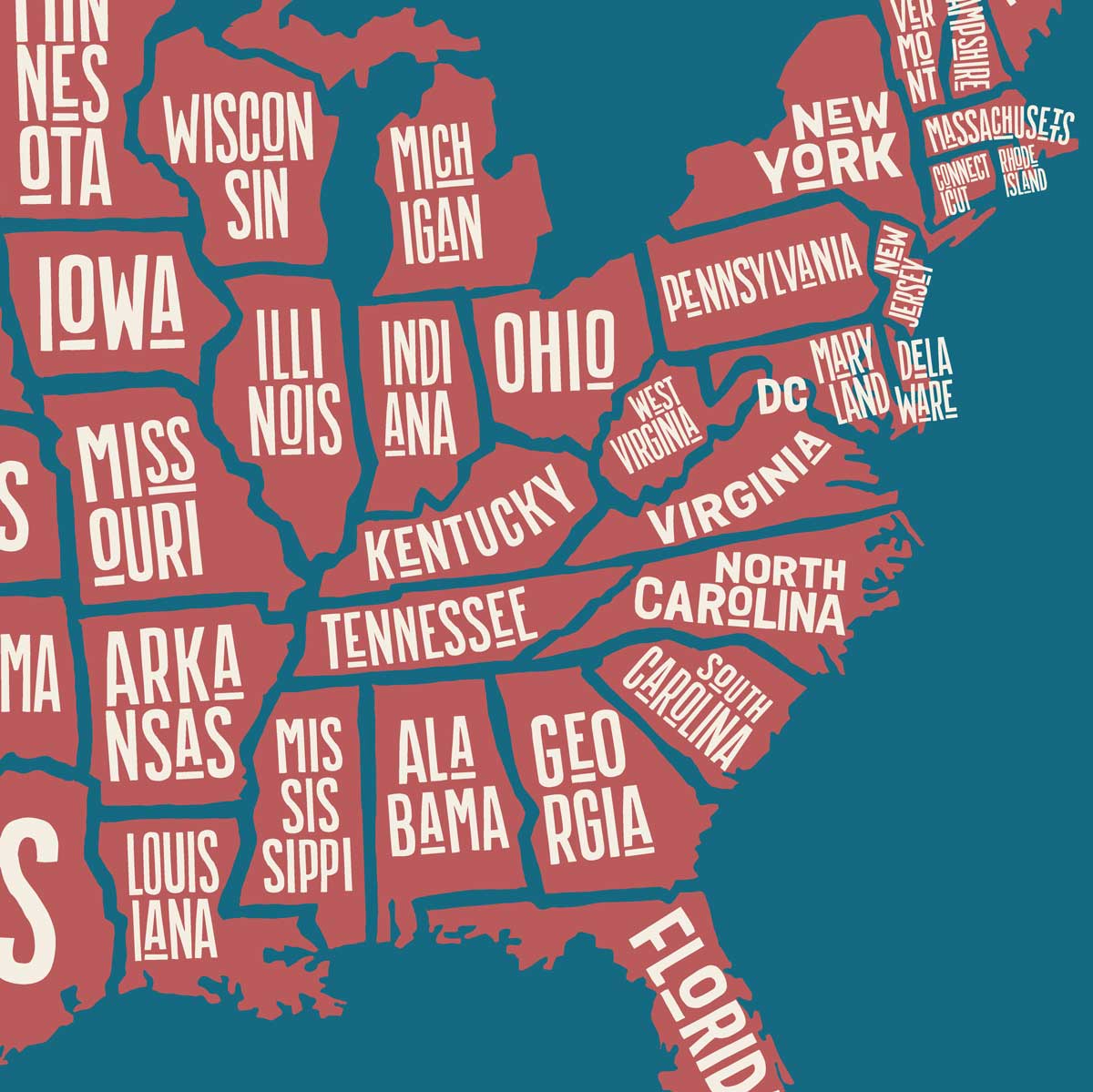This website uses cookies so that we can provide you with the best user experience possible. Cookie information is stored in your browser and performs functions such as recognising you when you return to our website and helping our team to understand which sections of the website you find most interesting and useful.
Pass-through Entity Tax Election Changes in Your State

In recent months, several states have made changes to their laws concerning pass-through entity (PTE) taxes. These entities, by nature, maintain business structures that help prevent double taxation by allowing their income to be taxed only once at the owner level. However, this has become a disadvantage for owners of PTEs in recent years. This is due to the federal income tax change that limits the individual itemized deduction for state taxes to $10,000.
To work around this limitation, many states have adopted, or are in the process of adopting, elections that allow PTEs to incur and pay income taxes directly (see the AICPA’s chart here for reference).
These elections allow state income taxes incurred by the electing PTE to be treated as an ordinary deduction of the entity for federal income tax purposes – instead of being disallowed to the owner under the federal $10,000 limitation.
Keep reading to learn more about some of the most recent elective PTE tax changes from Ohio, Missouri and New York.
Pass-through Entity Tax Election in Ohio Enacted
Effective beginning with the 2022 tax year
Ohio Governor Mike DeWine signed Senate Bill 246 into law this past June, enacting an elective PTE tax. Effective for tax years beginning in 2022 and beyond, the new law allows for pass-through entities to elect to have the Ohio income taxes apply at the entity level. To avoid double taxation at the state level, a refundable credit proportionate to the Ohio PTE level tax paid will be available to the owners. The Ohio PTE income tax rate is 5% for tax years beginning in 2022, which decreases to 3% in 2023.
Here is more information from the Ohio Department of Taxation regarding this new election.
Tax Changes for Missouri PTEs
At the end of June, Missouri Governor Mike Parson signed into law House Bill 2400, enabling taxpayers to choose if they want to pay tax at the pass-through entity level, effective beginning with taxable years that end on or after December 31, 2022. The new bill will also provide a nonrefundable credit (unlimited carryforward) to owners for their share of entity-level Missouri taxes to avoid double taxation of the Missouri income taxes attributed to PTEs’ income. Beginning in 2022, the bill allows Missouri residents to claim credit for other state elective PTE level taxes. The Missouri PTE tax election will be due at the time the pass-through entity’s Missouri income tax return is due.
We are currently waiting for the Missouri Department of Revenue to issue guidance and more information.
New York State Pass-through Entity Tax Election
Due Date Extended to September 15
New York’s state PTE tax election is normally due by the fifteenth day of the third month of the taxable year. For 2022, that election was extended to September 15. To learn more about the New York state PTE tax election, please refer to the guidance provided by the New York Department of Taxation.
Please note: to make the New York PTE tax election, you must first set up an online business account if such an account does not already exist. Make sure to set up the account ahead of time to assure that a timely election can be made.
In addition, New York City has a PTE tax election that is effective beginning with 2023 for PTEs that have at least one New York City resident owner and have made the state PTE election. Legislation was also sent to New York Governor Kathy Hochul that would allow PTEs to make the city PTE election for 2022 – but, in order to do so, the New York state PTE election will need to have been made by the September 15 due date.
Please note that the PTE tax election may not be beneficial in every case (for instance, an owner residing in a state that does not allow credit for other state PTE taxes paid), so the determination of whether to make the election should be done with the advice of your tax advisor. Please contact us below with any questions, and we will be in touch.
This publication contains general information only and Sikich is not, by means of this publication, rendering accounting, business, financial, investment, legal, tax, or any other professional advice or services. This publication is not a substitute for such professional advice or services, nor should you use it as a basis for any decision, action or omission that may affect you or your business. Before making any decision, taking any action or omitting an action that may affect you or your business, you should consult a qualified professional advisor. In addition, this publication may contain certain content generated by an artificial intelligence (AI) language model. You acknowledge that Sikich shall not be responsible for any loss sustained by you or any person who relies on this publication.




